Course Title: Data Center Development and Administration
Course Overview: This course offers comprehensive training in the development and administration of data centers, emphasizing the essential skills and knowledge required to create, maintain, and optimize data center environments. Participants will explore key concepts, best practices, and emerging technologies in data center management.
Course Objectives: Upon completion of this course, students will:
- Understand Data Center Fundamentals:
- Gain a solid foundation in data center concepts, including types, tiers, and design principles.
- Data Center Architecture and Design:
- Learn to plan and design data centers to meet specific business needs, scalability, and redundancy requirements.
- Networking and Connectivity:
- Explore network architecture within data centers, including VLANs, load balancing, and high-speed interconnects.
- Server and Storage Infrastructure:
- Understand server and storage technologies, virtualization, and storage area networks (SANs) used in data centers.
- Security and Compliance:
- Implement security measures, including access controls, firewalls, and compliance frameworks to safeguard data center assets.
- Power and Cooling Solutions:
- Learn about power distribution, uninterruptible power supplies (UPS), and cooling strategies for efficient data center operations.
- Monitoring and Management Tools:
- Utilize data center management tools and techniques for real-time monitoring, performance optimization, and troubleshooting.
- Scalability and Resource Optimization:
- Develop strategies for scaling data center resources and optimizing resource allocation.
- High Availability and Disaster Recovery:
- Implement high availability solutions and disaster recovery plans to ensure business continuity.
- Energy Efficiency and Sustainability:
- Explore eco-friendly practices and technologies to reduce energy consumption and environmental impact.
- Cloud Integration:
- Understand how to integrate cloud services and hybrid cloud solutions within data center environments.
Course Structure: This course typically includes lectures, hands-on labs, case studies, group projects, and discussions. Practical exercises may involve setting up and configuring components of a virtual data center environment.
Assessment: Assessment methods may include exams, assignments, data center design projects, presentations, and class participation.
Who Should Take This Course: This course is suitable for IT professionals, data center administrators, system architects, network engineers, and anyone interested in data center development and administration.
Prerequisites: Prerequisites may include a basic understanding of networking and IT infrastructure concepts.
Course Materials: Course materials may include textbooks, online resources, industry publications, access to data center simulation tools, and hands-on lab resources.
Instructor: An experienced data center professional or IT expert with expertise in data center development and administration.
Course Duration: The duration of the course can vary, but it is often offered as a semester-long or short-term program.
By the end of this course, participants will be well-prepared to plan, design, build, and effectively manage data centers, ensuring the reliability, security, and efficiency of critical IT infrastructure components.
Access the course on SPCA Learning Management System
Course Syllabus
Introduction to Data Centers
- Overview of data center concepts and types
- The role of data centers in modern IT infrastructure
- Data center tier classifications and industry standards
Data Center Design Principles
- Understanding data center requirements
- Capacity planning and scalability
- Redundancy and fault tolerance
Networking and Connectivity
- Network design for data centers
- VLANs, routing, and load balancing
- High-speed interconnects and data center fabrics
Server and Storage Infrastructure
- Server technologies and virtualization
- Storage solutions, SANs, and NAS
- Hyperconverged infrastructure (HCI)
Security and Compliance
- Data center security best practices
- Access controls and identity management
- Compliance frameworks (e.g., HIPAA, GDPR)
Power and Cooling Solutions
- Power distribution and uninterruptible power supplies (UPS)
- Cooling strategies and environmental controls
- Energy efficiency and green data center practices
Monitoring and Management Tools
- Data center management systems and tools
- Real-time monitoring and alerts
- Performance optimization and troubleshooting
Scalability and Resource Optimization
- Scaling data center resources
- Resource allocation and optimization strategies
- Capacity planning and forecasting
High Availability and Disaster Recovery
- Implementing high availability solutions
- Disaster recovery planning and solutions
- Business continuity considerations
Cloud Integration
- Integrating cloud services with on-premises data centers
- Hybrid cloud architectures and solutions
- Cloud-based disaster recovery and backup
Energy Efficiency and Sustainability
- Eco-friendly practices in data centers
- Energy-efficient hardware and cooling solutions
- Measuring and reducing carbon footprint
Final Project and Course Review
- Final project: Design a data center environment
- Project presentations and discussions
- Course review, feedback, and next steps
Note: This syllabus serves as a sample and can be customized based on the specific needs of the course, the institution’s resources, and the instructor’s expertise. Adjustments can be made to the duration, content, and assessments to best meet the course objectives and the needs of the participants.
See also
Microsoft Azure – SP Cloud Academy (spca.education)
https://www.ibm.com/cloud/data-centers
SP Cloud Academy Online Courses
-

TeamViewer Full Course Syllabus with Advanced Topics
-

AI in Education: Transforming Learning and Teaching
-

Windows 11 Advanced Course
-

Amazon Affiliate Marketing Full Course
-

Mastering Google Apps for Education
-
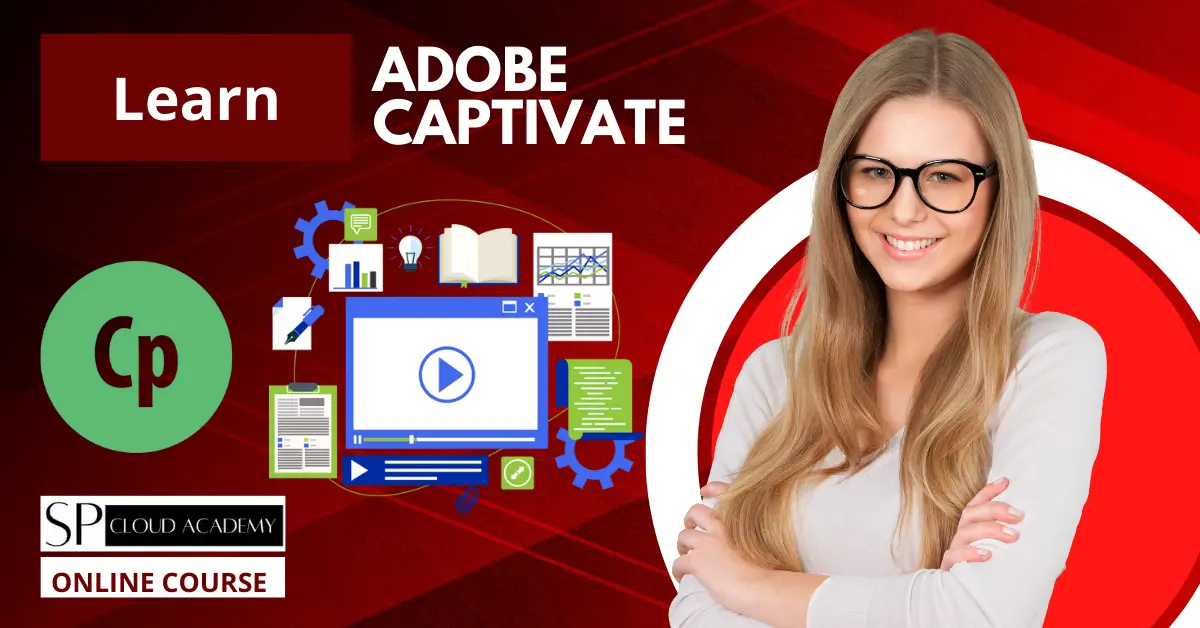
Adobe Captivate Full Course
-
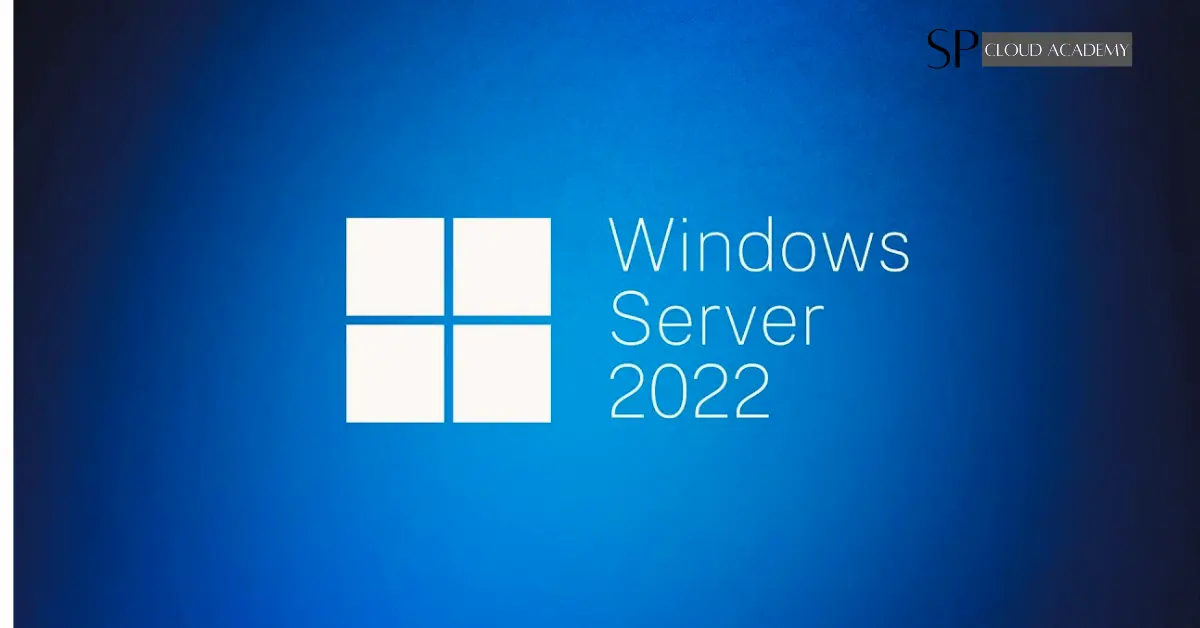
Master Windows Server 2022
-

Microsoft Azure Administration
-

MOODLE Based LMS Site Development and Administration
-
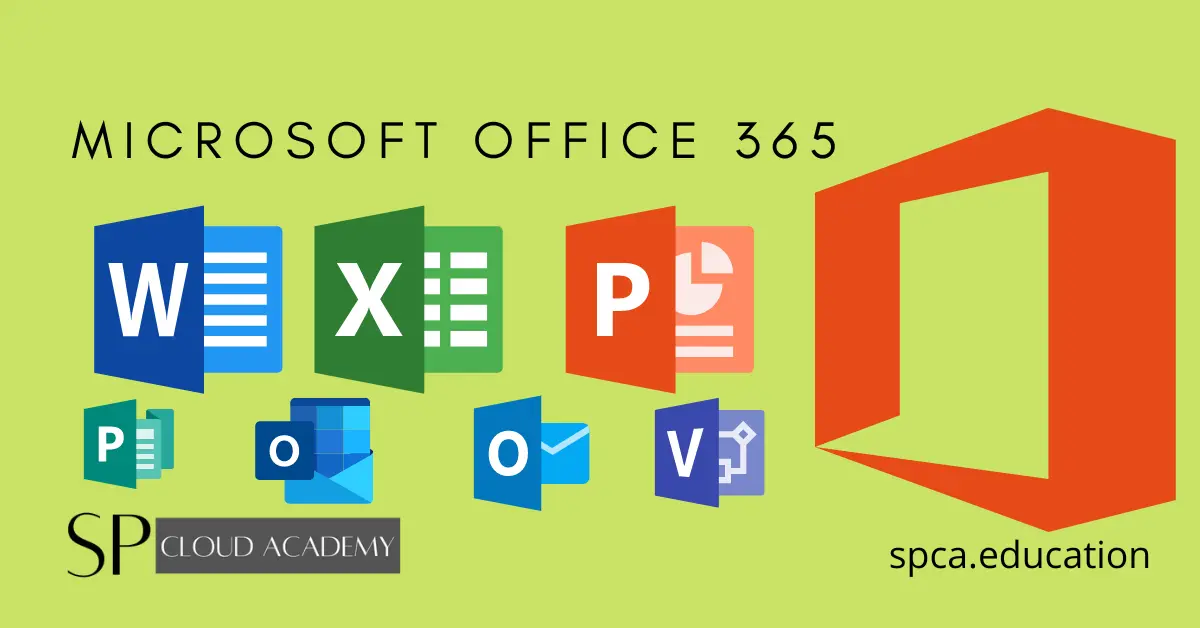
Microsoft Office 365 Administration
-
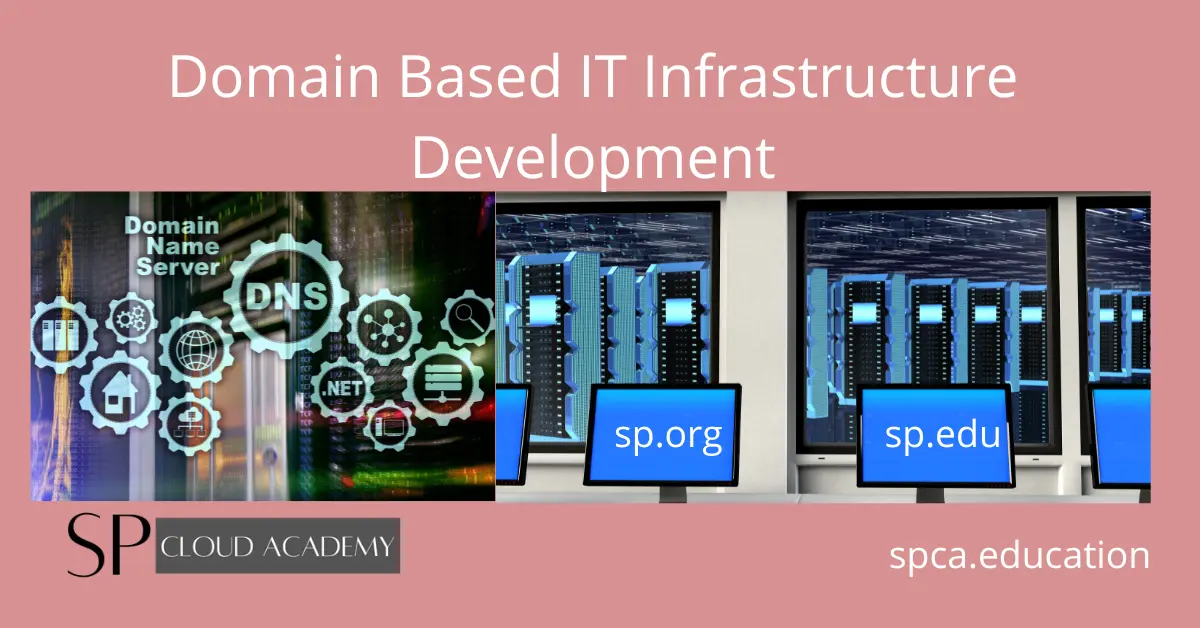
Domain Based IT Infrastructure Development
-
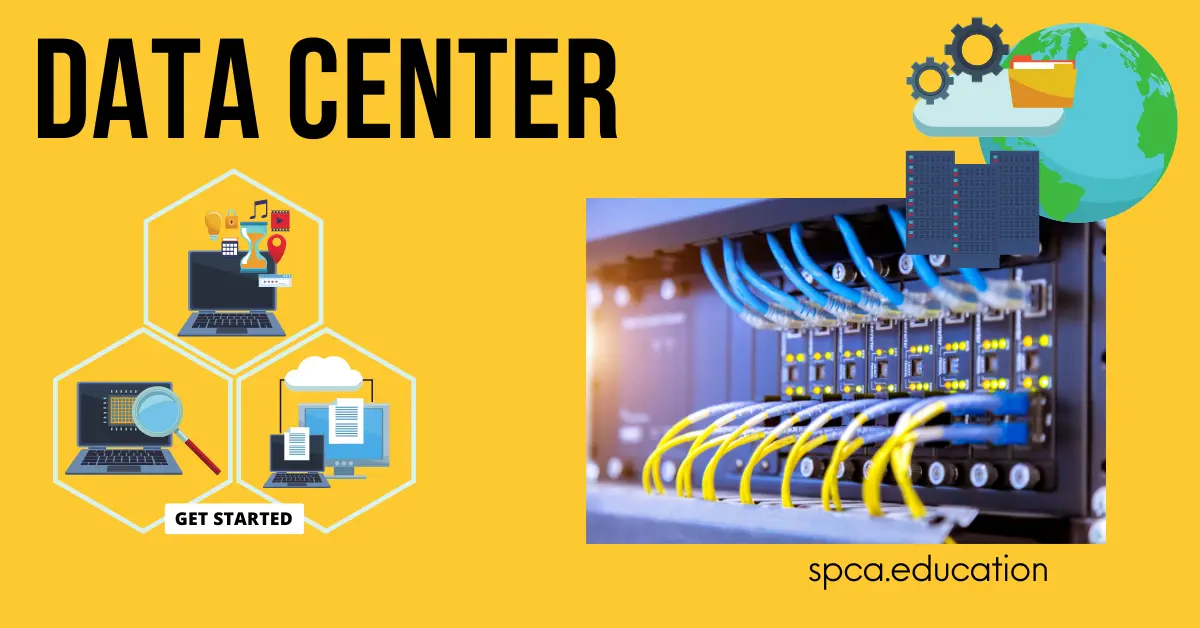
Data Center-Development and Administration